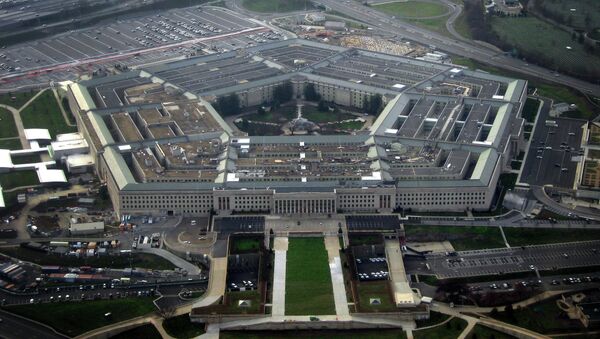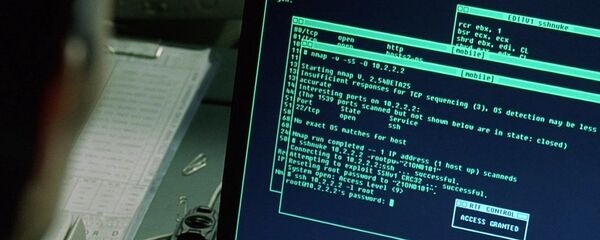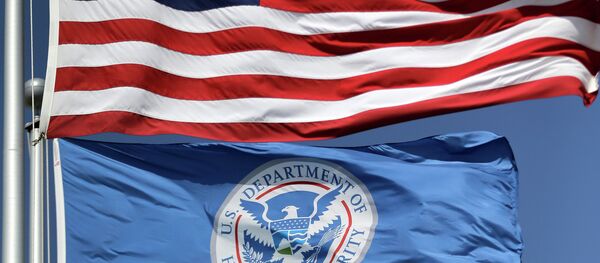As the self-proclaimed Islamic State has gained dominance across Syria and Iraq, a major factor in their growth has been the terrorist group’s ability to utilize social media. Through the use of chat rooms, Twitter accounts, and various other Internet services, the Islamic State has managed to recruit hundreds.
Recognizing a new digital frontier, US Special Operations Command is now focusing on unconventional information warfare.
"Social media is another component of unconventional strategies, and the security environment in general, that is playing a central role in recruiting individuals to causes," Army General Joseph L. Votel, commander of US Special Operations Command, said Wednesday before the House Armed Services Committee.
"We must therefore develop our ability to interact with key influencers through this medium, or else risk blinding ourselves to this important conduit of information and influence in unfolding crises," he added.
Votel also stressed that the very nature of social media – namely, its democratic, decentralized structure – causes new challenges for a Defense Department more traditionally focused on clear and present threats.
"We require a new thinking on this subject," he said.
He also stressed the need for new information warfare strategies to be discussed among the various government agencies.
"We all must view this space as a routine operational area: It is redefining how humans interact. Our success in leveraging these tools will be determined by how well we cultivate the networks in which we participate," he said.
While Votel mentioned the Islamic State by name, he was more vague about other perceived threats, using the phrase “rising powers.” This can likely be assumed to be a reference to both Russia and China. During the same hearing, Rear Admiral Kevin Donegan and Marine Corps Major General Andrew W. O’Donnell Jr. both expressed their specific worries about global threats.
"The Navy and Marine Corps’ fundamental mission is war-fighting," they said. "Due to threats from North Korea and Iran, potential for opportunities and challenges with a rising China, and recent Russian aggression, the sea services…must have the capabilities and capacities to defeat any adversary and defend the homeland and our allies and partners worldwide."
General Votel isn’t the first to notice the threat posed by social media. Earlier this month, several US Congressmen encouraged Twitter CEO Dick Costolo to make greater efforts to keep terrorist organizations from using the social media site.
It’s also worth noting that the Pentagon already has a pretty lousy social media reputation. Earlier this year, US Central Command was breached by pro-Islamic State hackers known as the CyberCaliphate.





